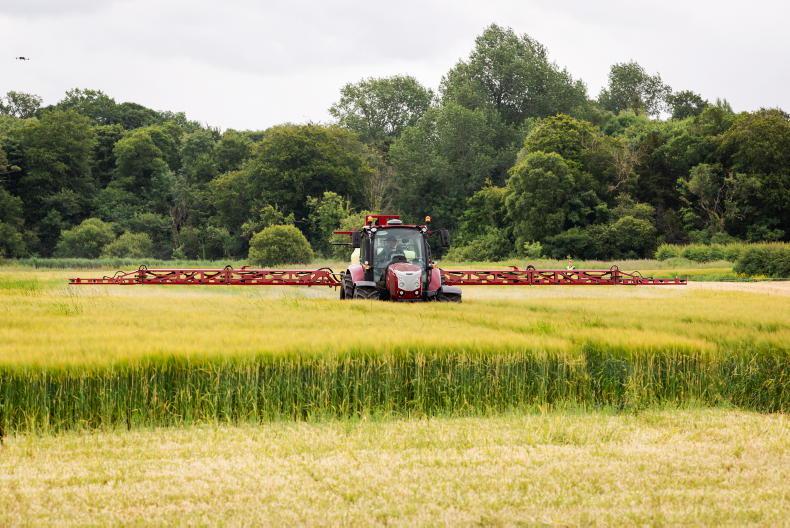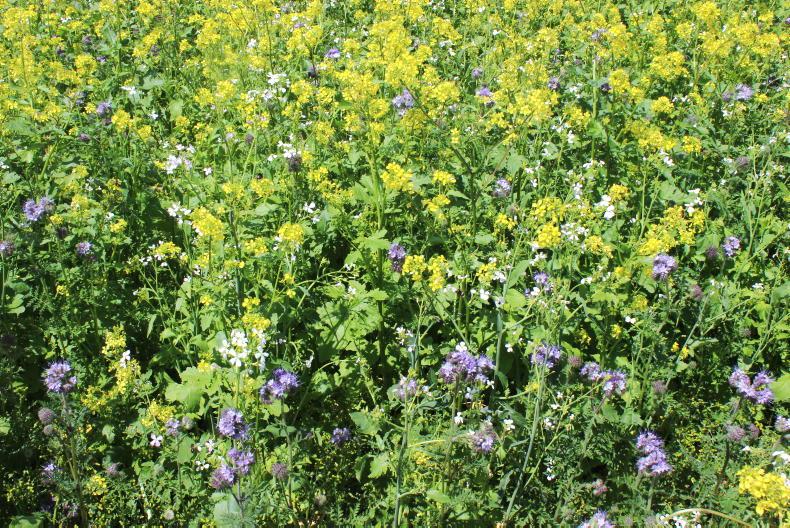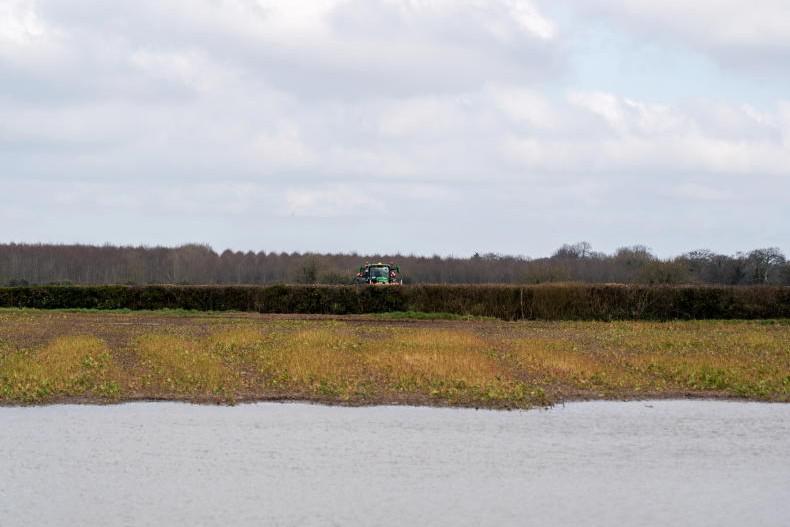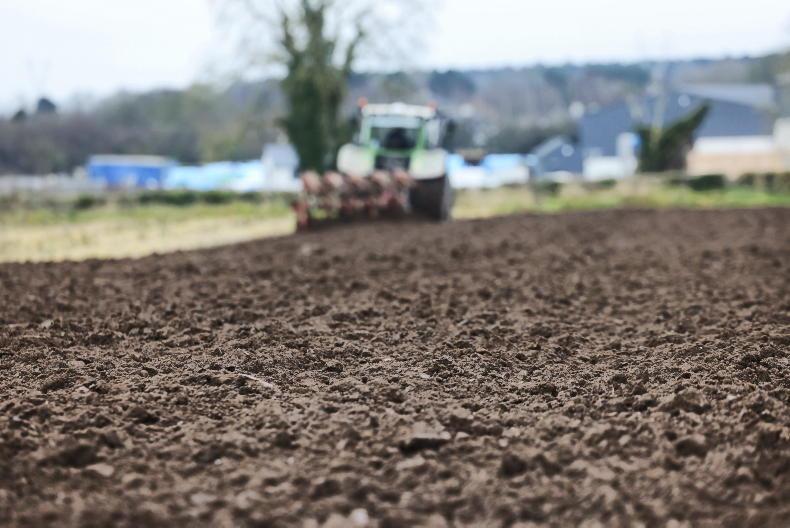Harvest
Harvest continues for many, with plenty of cereal crops still to be cut. Opportunities have been small to harvest. Monday was nearly the best day in the past week, while Tuesday brought heavy rain that stopped work.
As more farmers finish up their own harvest, it may be easier to get help. Don’t be afraid to call in a contractor to get fields harvested and grain in the trailer or straw baled.
Cover crops
The date for planting cover crops under ACRES measures has been extended from 15 September to 30 September for 2024. Many farmers still have crops, which are still too green to harvest.
Remember that you need at least two species in a mix. Use higher voluntary standard seed from Irish Seed Trade members where possible. This has a Department label and states it is free of grass weed seeds.
Not all cover crop seed with a Department label will be free of grass weeds, so watch out for that. The date extension also applies to other measures under ACRES including grass margins, the protection of archaeological monuments and riparian buffer strips or zones.
Rye
If you want to plant early, rye is the crop to do it with. You can plant from mid-September and get a start made on winter cropping.
Make sure you have a market for the crop, not all merchants want rye, but if they do, it can yield similar to winter wheat with input levels in the same range as winter barley, so it is a good crop for keeping costs down.
Slugs
Slugs like rye and oilseed rape, so make sure your crops are kept safe. If applying slug pellets, try not to apply before heavy rain as the pellet will disappear quickly.
Put out a slate with some porridge underneath to check numbers. Slugs took out some rye crops last season, so make sure you keep a close eye on activity.
Stubbles
Shallow stubble cultivation under nitrates does not need to be carried out on crops harvested after 15 September, which is this Sunday, so this takes pressure off and gives a choice to the farmer whether they cultivate or not.
Straw
The weather of the last week has made it difficult to get straw baled for many. Remember this in your costs when selling, and make sure not to undervalue your straw. Chopping might be sensible on green spring oats and wheat crops which may be difficult to bale dry.
Tillage Day
Tillage Day, brought to you by the Irish Farmers Journal and supported by the Irish Seed Trade Association is on 7 November at the Killashee Hotel, Co Kildare.
It’s farmer focused, aiming to find solutions to problems inside the farm gate. Speakers include farmers, agronomists, grain market analysts and industry stakeholders.
There will be an exhibition area and plenty of time to meet people on the day. Tickets are €49.99 (including lunch) and can be purchased at a €10 discount using the code TILLAGEDAY until 9 October at ifj.ie/tillageday or by phoning 01-419 9525.










SHARING OPTIONS